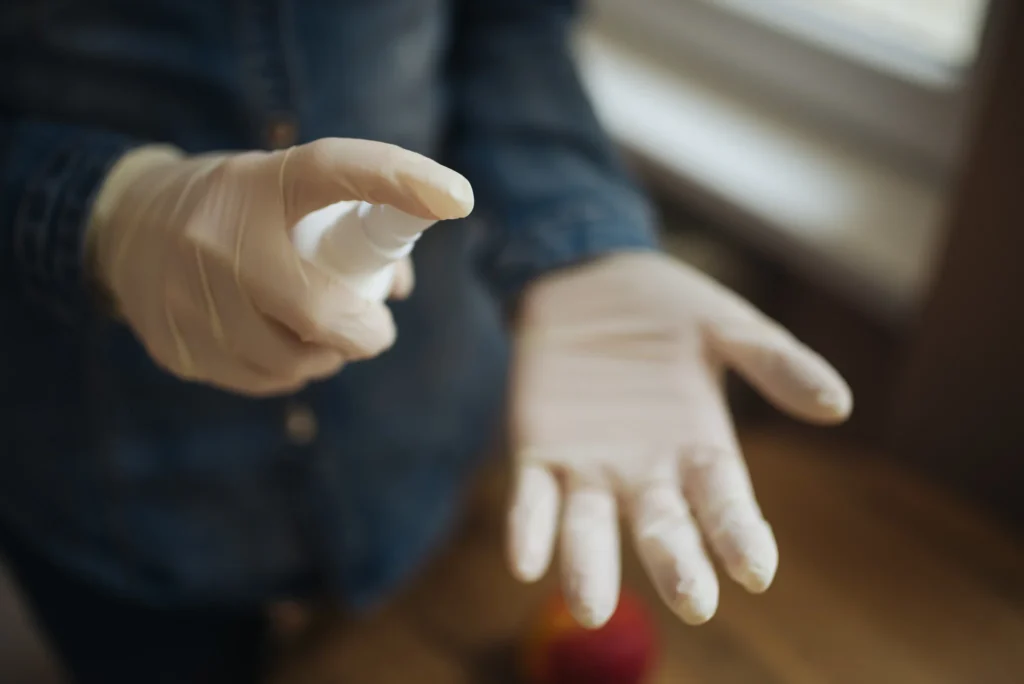In a recent study conducted by the University of Plymouth, it has been revealed that a common disinfectant, bleach, often used in hospitals to cleanse medical attire and surfaces, is ineffective against a widespread superbug.
Unaffected spores by bleach
The research highlights that even when subjected to potent concentrations of bleach, a commonly used disinfectant in healthcare settings, spores of Clostridium difficile, commonly referred to as C. diff, remain entirely unaffected.
Astonishingly, the study proves chlorine-based chemicals fare no better at harming these spores than plain water when utilized as a surface disinfectant. This discovery brings to light a potential gap in our current disinfection practices, urging a closer examination of alternative solutions in the fight against infectious agents.
Dr. Tina Joshi emphasized that the findings from this research are poised to substantially influence the existing disinfection practices employed in the global medical community.
Details of the study
Dr. Joshi, an associate professor specializing in molecular microbiology, conducted the study in collaboration with Humaira Ahmed, a fourth-year medical student from the Peninsula Medical School.
This study focused on understanding how spores from three different strains of C. diff respond to three practical concentrations of sodium hypochlorite, a common disinfectant.
The researchers introduced these spores onto surgical scrubs and patient gowns, closely analyzing them through the scanning of electron microscopes. The examination aimed to shed light on the effectiveness of disinfection methods on surfaces commonly found in medical settings.
More investigation for disinfecting spores
In their article published in the journal Microbiology, researchers advocate for further investigation into alternative approaches for disinfecting C. diff spores.
C. diff, a microorganism responsible for ailments such as diarrhea, colitis, and other bowel complications, is a widespread infection affecting millions globally each year. Past research indicates that it leads to over twelve thousand deaths annually in the United States alone.
They argue this is crucial to diminishing the risk of patients and medical staff contracting and transmitting this widespread superbug. The call for exploring alternative methods signals a proactive stance in the ongoing battle against infectious agents in healthcare settings.
Dr. Joshi underscored the growing concern over the escalation of antimicrobial resistance. “With incidence of anti-microbial resistance on the rise, the threat posed by superbugs to human health is increasing,” he warned.
Remarkable resilience of spores against bleach disinfection
Contrary to assuring us of the cleanliness and safety of clinical environments for both staff and patients, this study reveals the remarkable resilience of C. diff spores against disinfection, even when exposed to the recommended active chlorine concentrations in practical use.
According to Dr. Joshi, “It shows we need disinfectants, and guidelines, that are fit for purpose and work in line with bacterial evolution, and the research should have significant impact on current disinfection protocols in the medical field globally.”
Source: GreekReporter


